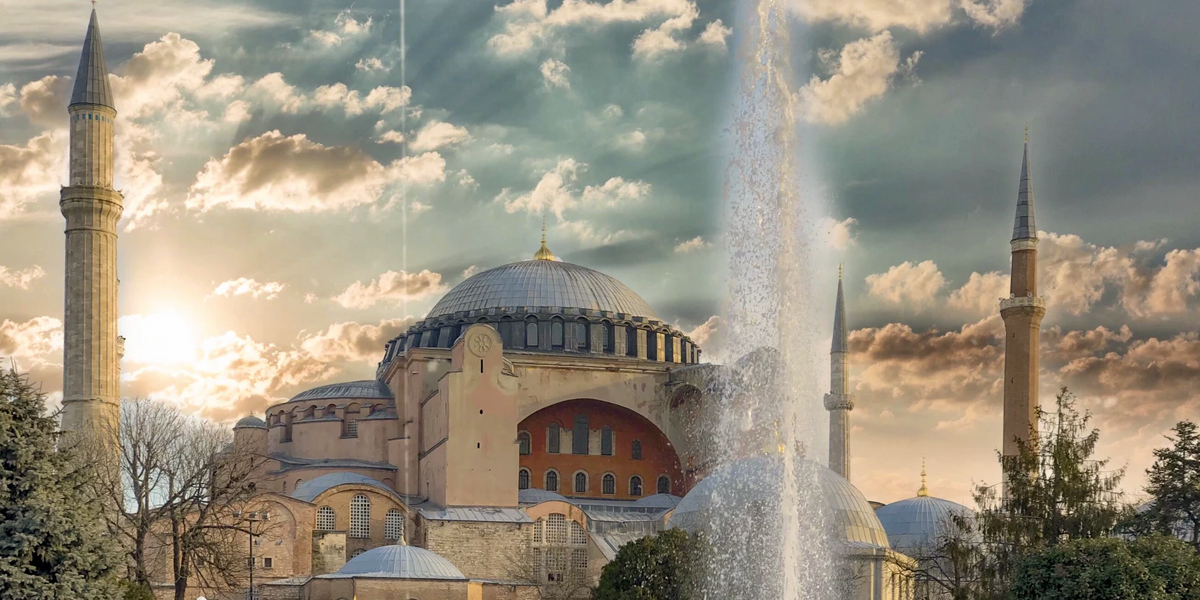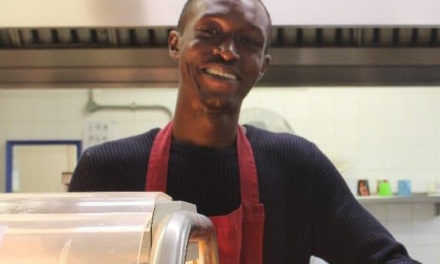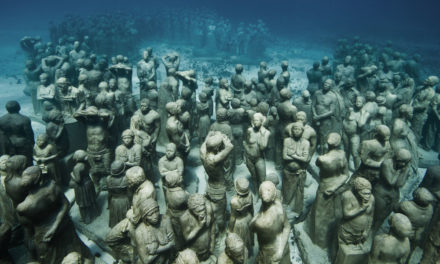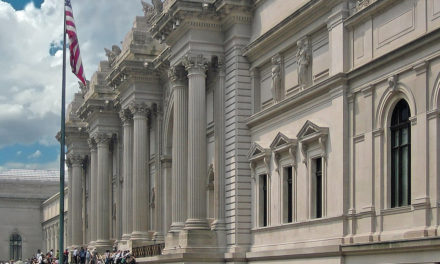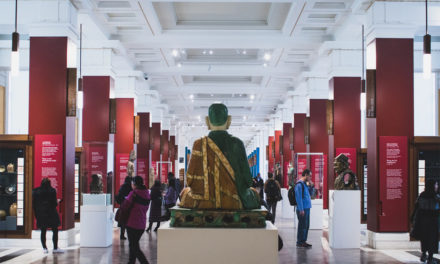Last Friday, President Recep Tayyip Erdogan announced that one of Turkey’s most iconic cultural sites will be reinstated as a mosque.
The history behind the Hagia Sophia, located in Istanbul, spans not only several centuries but religions too. It was first built by the Byzantine Emperor Justinian in the year 537 as a church. When Crusaders captured the city in the 13th century, it briefly became a catholic cathedral.
Two centuries later, Ottoman Sultan Mehmed II captured the city – then known as Constantinople – where he converted the church into a mosque. However, under Turkey’s secular government, the decision was made to reinstate the building as a museum in 1934. Nearly 90 years later, plans are underway to revert the UNESCO World Heritage Site into a mosque, with prayers scheduled to take place on July 24th. All visitors will still be welcomed, including non-Muslims.
This decision has come after the country’s high court stripped its status as a museum. However, Erdogan had made his views clear long before. The President has repeatedly stated his desire to revert the museum into a mosque, and even recited a verse from the Quran at the site in 2018.
The world reacts
This controversial move has been met with international condemnation, with Russia, Greece, UNESCO and the US expressing their disapproval. The World Council of Churches, made up of 350 churches in 110 countries, issued a letter to Erdogan:
“By deciding to convert the Hagia Sophia back to a mosque you have reversed that positive sign of Turkey’s openness and changed it to a sign of exclusion and division. Regrettably, this decision has also been taken without prior notice or discussion with UNESCO regarding the impact of this decision on Hagia Sophia’s universal value recognized under the World Heritage Convention,” it read.
Pope Francis also shared his disappointment over the decision: “My thoughts go to Istanbul. I think of Santa Sophia and I am very pained.”
Many also expressed their views on social media:
Motives?
As a symbol of Turkey’s diversity, Hagia Sophia attracted around 3.7 million visitors annually, drawing both Christians and Muslims to the archaeological wonder.
However, the decision to convert it back into a mosque has many wondering where this leaves the country’s future.
With Turkey’s economy deteriorating and Erdogan’s popularity declining, many believe that the President is attempting to appeal to religious nationalists to gain support.
- This Artist is Making the Underwater Arena His Canvas - 28th April 2021
- A Video Game that Promotes Peace and Conflict Resolution - 15th March 2021
- Netflix’s ‘Living Undocumented’ is a Difficult Series to Watch, and Exactly Why We Should - 9th March 2021

